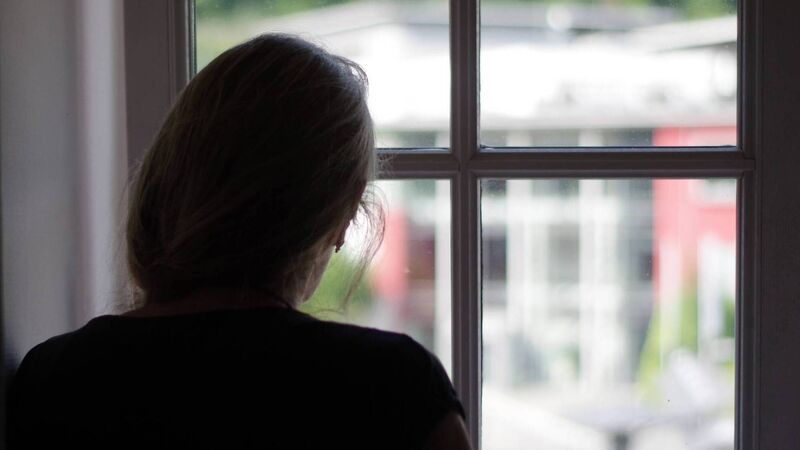Report calls for reform of the way addicts are treated when they are victims of domestic violence

The report, ‘They said they couldn’t take me because I was on drugs’, was undertaken by researchers attached to the UCD School of Social Policy in conjunction with the Saol domestic violence project. Picture: iStock
The human rights of addicts who are victims of domestic violence are being denied when they seek support and refuge, according to a new study which calls for an audit of judicial responses to domestic violence complaints.
The study, named ‘They said they couldn’t take me because I was on drugs’, has been undertaken by researchers attached to the UCD School of Social Policy in conjunction with the Saol domestic violence project.













